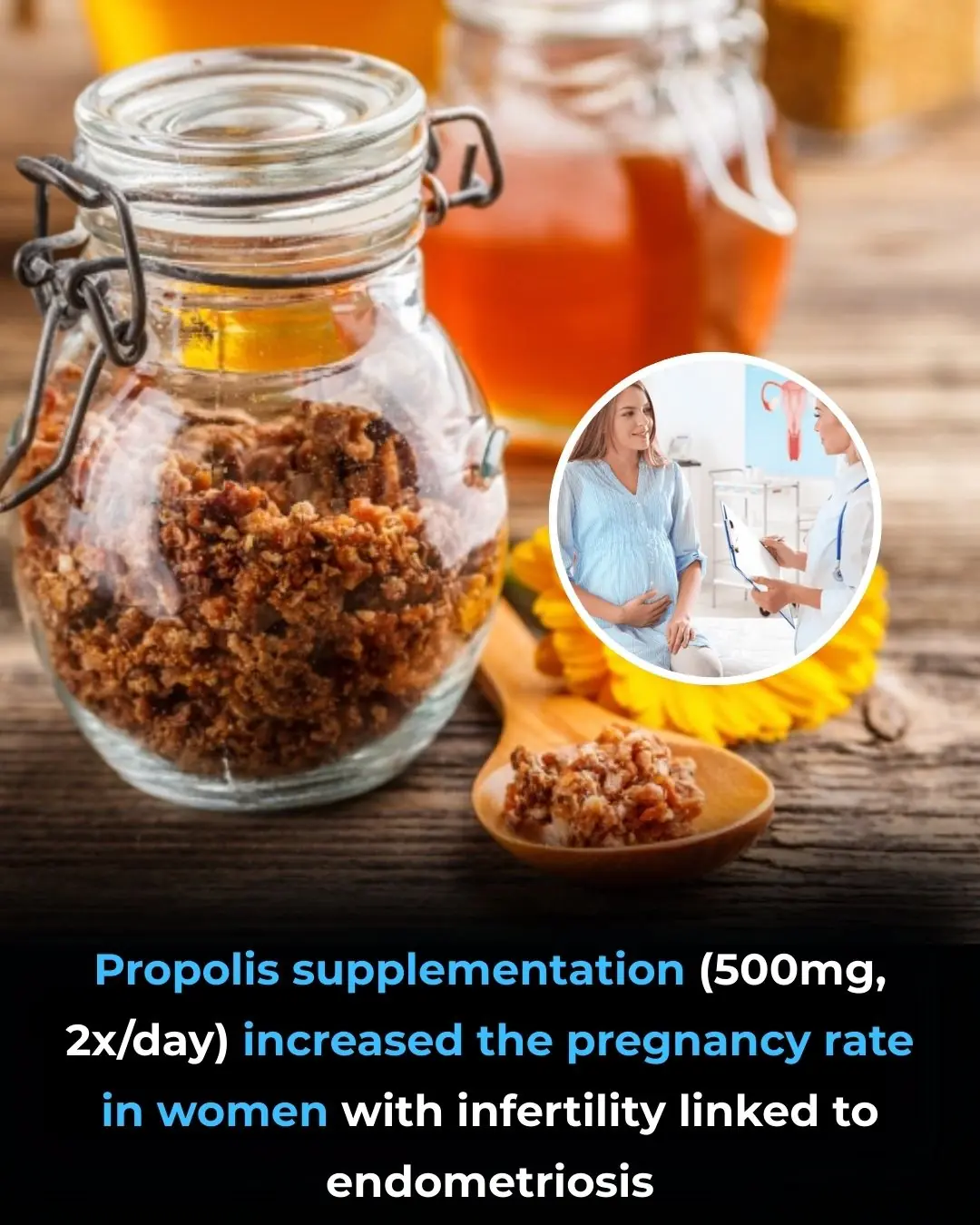
Doctor Cautions That Hearing Your Heartbeat While Laying Down Could Signal A ‘Concerning’ Health Condition
Many people have experienced the unusual sensation of hearing their own heartbeat while resting in bed. For some, this rhythmic thumping is merely a curiosity, while for others, it raises concerns about possible health issues. Understanding why this happens, when it is normal, and when medical attention might be needed can help ease concerns.
Why Can Your Heartbeat Be Heard on Your Pillow?
Noticing your heartbeat while lying on your side is usually not a cause for alarm. Experts suggest that this sound is often the result of the carotid artery pressing against the pillow. The carotid artery is a significant blood vessel that supplies blood to the head and neck. When the head is positioned on a pillow, this artery comes into closer contact with the ear, amplifying the pulsations, much like a drum being struck.
The quiet of nighttime makes internal bodily sounds more prominent. External noises that typically mask these sounds are reduced, allowing awareness of the body’s natural rhythms to increase.

The Connection to Pulsatile Tinnitus
While occasionally hearing a heartbeat in the ear is normal, persistent or bothersome sounds could be attributed to a condition called pulsatile tinnitus. This differs from traditional tinnitus, which is characterized by a steady ringing or buzzing. Pulsatile tinnitus follows the rhythm of the heartbeat and is often linked to changes in blood flow near the ear or heightened awareness of blood circulation.
Research from the American Tinnitus Association suggests that pulsatile tinnitus is relatively uncommon compared to regular tinnitus. However, it can sometimes indicate underlying conditions related to cardiovascular health. If symptoms persist or worsen, a medical evaluation is highly recommended.
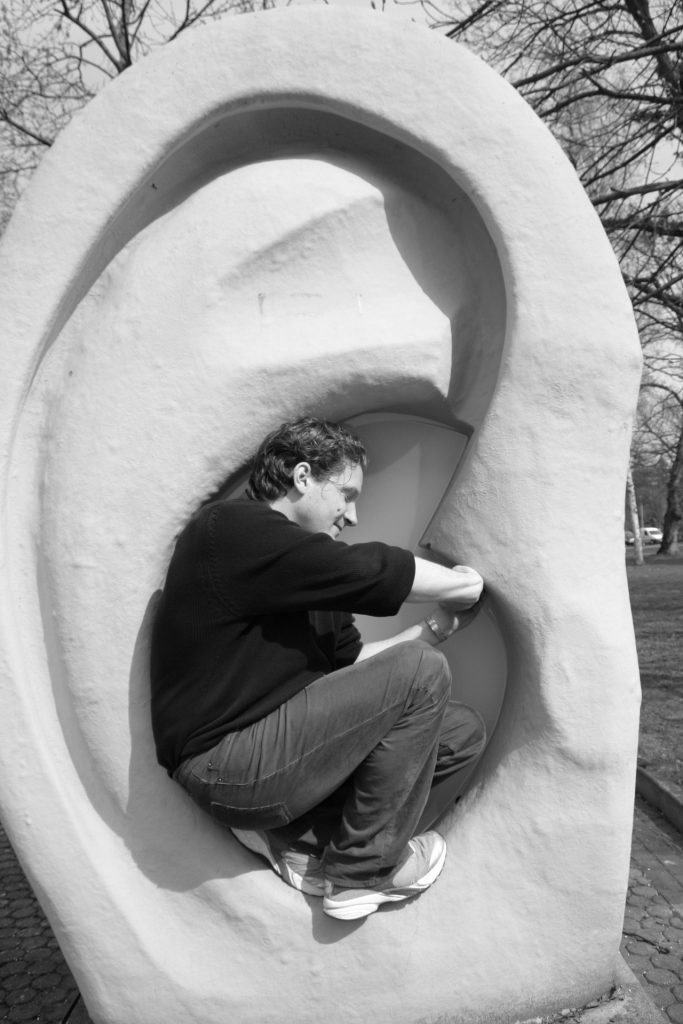
Common Causes of Pulsatile Tinnitus
Several factors contribute to pulsatile tinnitus, including:
- High Blood Pressure: Increased blood pressure can intensify the force of blood flow, making it more turbulent and audible. Hypertension is a known risk factor for pulsatile tinnitus, as it affects vascular health.
- Atherosclerosis: The hardening of arteries near the ear can lead to turbulent blood flow, causing internal noises to become more noticeable. This is more common in older individuals or those with high cholesterol levels.
- Anemia or Hyperthyroidism: These conditions accelerate blood circulation, which can result in pulsatile tinnitus. Anemia reduces the oxygen-carrying capacity of the blood, leading to increased cardiac output, while hyperthyroidism can overstimulate circulation.
- Ear Abnormalities: Issues such as a perforated eardrum, abnormal bone growths, or thinning structures within the ear can make blood flow noises more prominent.
- Tumors in the Head or Neck: In rare cases, tumors pressing on blood vessels may contribute to pulsatile tinnitus. These tumors, often benign, can alter blood flow dynamics near the auditory system.
- Venous Hum: A benign condition where blood flow in the jugular vein creates an audible humming sound that can be mistaken for pulsatile tinnitus.
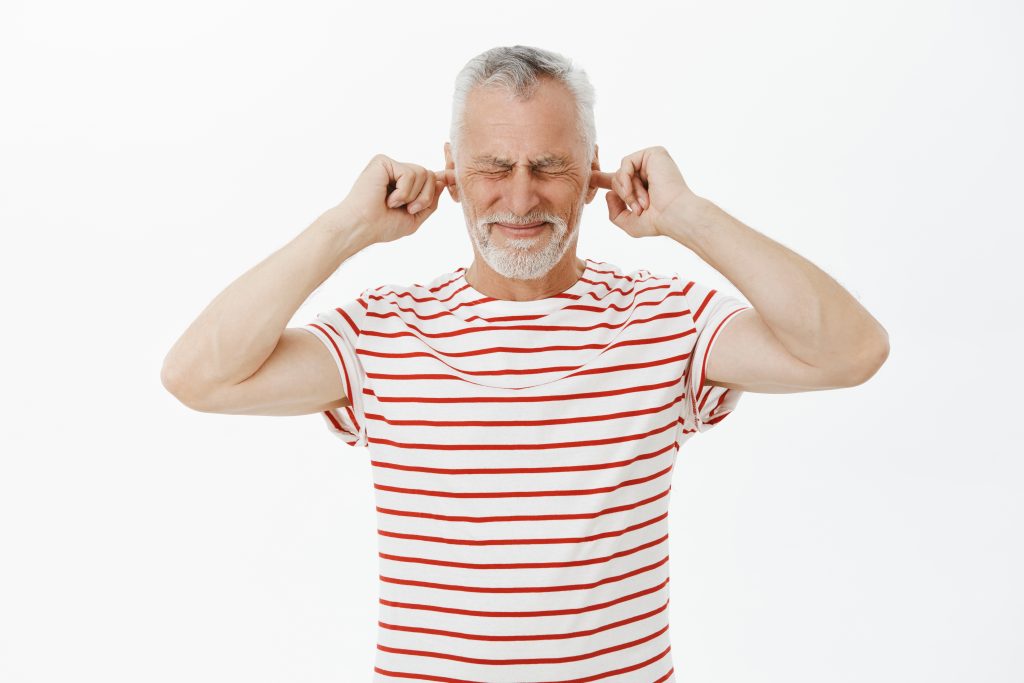
When to Seek Medical Advice
For most people, hearing their heartbeat while lying down is not a sign of a serious issue. However, there are certain circumstances where a medical consultation is advisable:
- The sound persists and interferes with sleep.
- The noise is present even when in an upright position.
- Other symptoms accompany the sound, such as headaches, dizziness, or vision disturbances.
- The pulsation is only heard in one ear, which could indicate a localized vascular issue.
In some cases, pulsatile tinnitus may indicate more serious conditions such as carotid artery disease, aneurysms, or arteriovenous malformations. A healthcare provider can perform tests to rule out these possibilities and provide reassurance or necessary treatment.
Diagnosis and Testing
If pulsatile tinnitus is a concern, a doctor may begin by taking a detailed medical history and conducting a physical examination. Listening to the neck with a stethoscope can help detect abnormal blood flow patterns. Additional tests such as CT or MRI scans may be recommended to identify any underlying causes.
- Doppler Ultrasound: Can assess blood flow in the neck arteries and detect abnormalities.
- Magnetic Resonance Angiography (MRA): Provides a detailed image of blood vessels to detect narrowing or aneurysms.
- Blood Tests: Used to check for conditions like anemia, thyroid dysfunction, or high cholesterol that may contribute to pulsatile tinnitus.
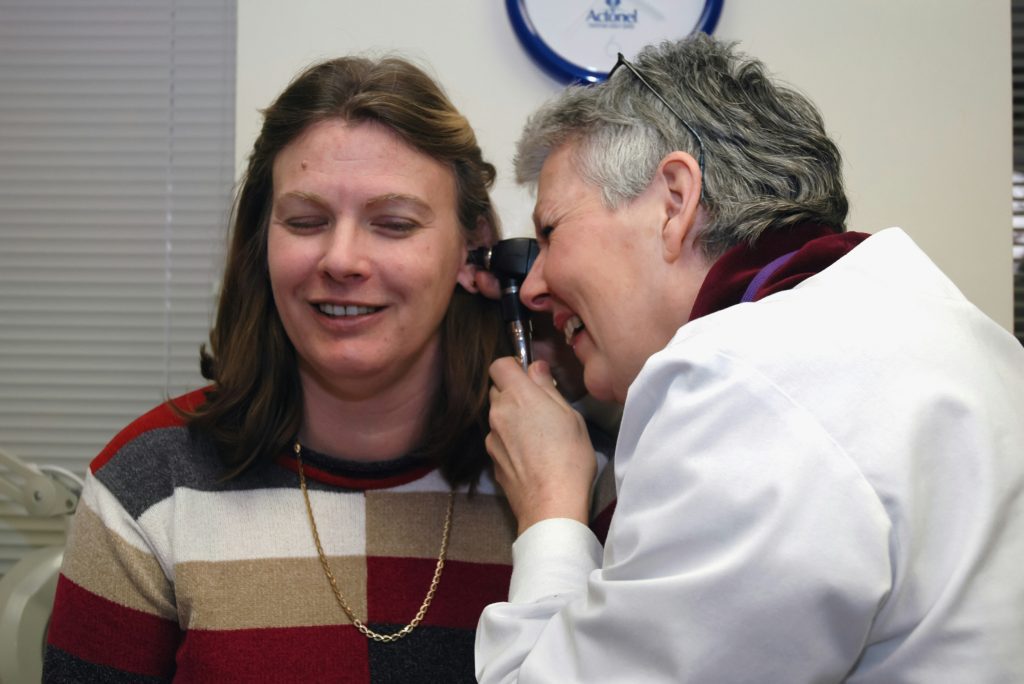
Treatment Approaches
The treatment of pulsatile tinnitus depends on its root cause. Some common management strategies include:
- Blood Pressure Control: Managing high blood pressure is crucial, as it can directly impact pulsatile tinnitus. This can be achieved through medications, dietary modifications, and regular physical activity. Studies have shown that patients with well-controlled blood pressure report a reduction in pulsatile tinnitus symptoms.
- Surgical Interventions: If vascular abnormalities, aneurysms, or tumors are identified as the cause, surgical procedures may be necessary. For instance, studies published in The Journal of Neurosurgery highlight successful cases of surgical intervention in patients with arterial malformations.
- Cholesterol Management: Atherosclerosis can be managed through cholesterol-lowering medications like statins, dietary changes, and increased physical activity. Research from the American Heart Association emphasizes the link between vascular health and pulsatile tinnitus, making cholesterol management a key factor.
- Sound Therapy & Relaxation Techniques: White noise machines, cognitive behavioral therapy (CBT), and mindfulness techniques have been beneficial in managing symptoms for individuals with idiopathic pulsatile tinnitus. Studies from The Tinnitus Research Initiative suggest that sound therapy can help habituate the brain to internal sounds, making them less noticeable.
- Ear Protection: Preventing excessive noise exposure can help protect auditory structures from further damage. A study published in The Hearing Journal indicates that individuals exposed to chronic loud noises are at a higher risk of developing or worsening tinnitus-related symptoms.

Coping Strategies for a Better Night’s Sleep
When the sound of a heartbeat becomes distracting at night, certain coping strategies may help:
- Using Background Noise: White noise machines, fans, or soft music can help mask the pulsations and make them less noticeable.
- Practicing Relaxation Techniques: Meditation, deep breathing, and mindfulness can make it easier to focus on sleep rather than the sound.
- Adjusting Sleep Position: Experimenting with different sleeping positions may reduce the prominence of the sound, especially by avoiding pressure on one side of the head.
- Reducing Stimulants Before Bed: Caffeine and alcohol can affect blood circulation and may exacerbate symptoms of pulsatile tinnitus.
Hearing a heartbeat while resting on a pillow is typically a normal occurrence, reflecting the body’s natural processes. However, if the sensation persists, becomes disruptive, or is accompanied by other symptoms, seeking medical advice is recommended. A healthcare professional can help determine whether there is an underlying cause that requires treatment or simply provide reassurance.
Understanding the body’s rhythms can contribute to both physical and mental well-being, ensuring better sleep and overall peace of mind. By addressing potential causes and utilizing coping strategies, individuals can manage the experience effectively and maintain their quality of life.
News in the same category

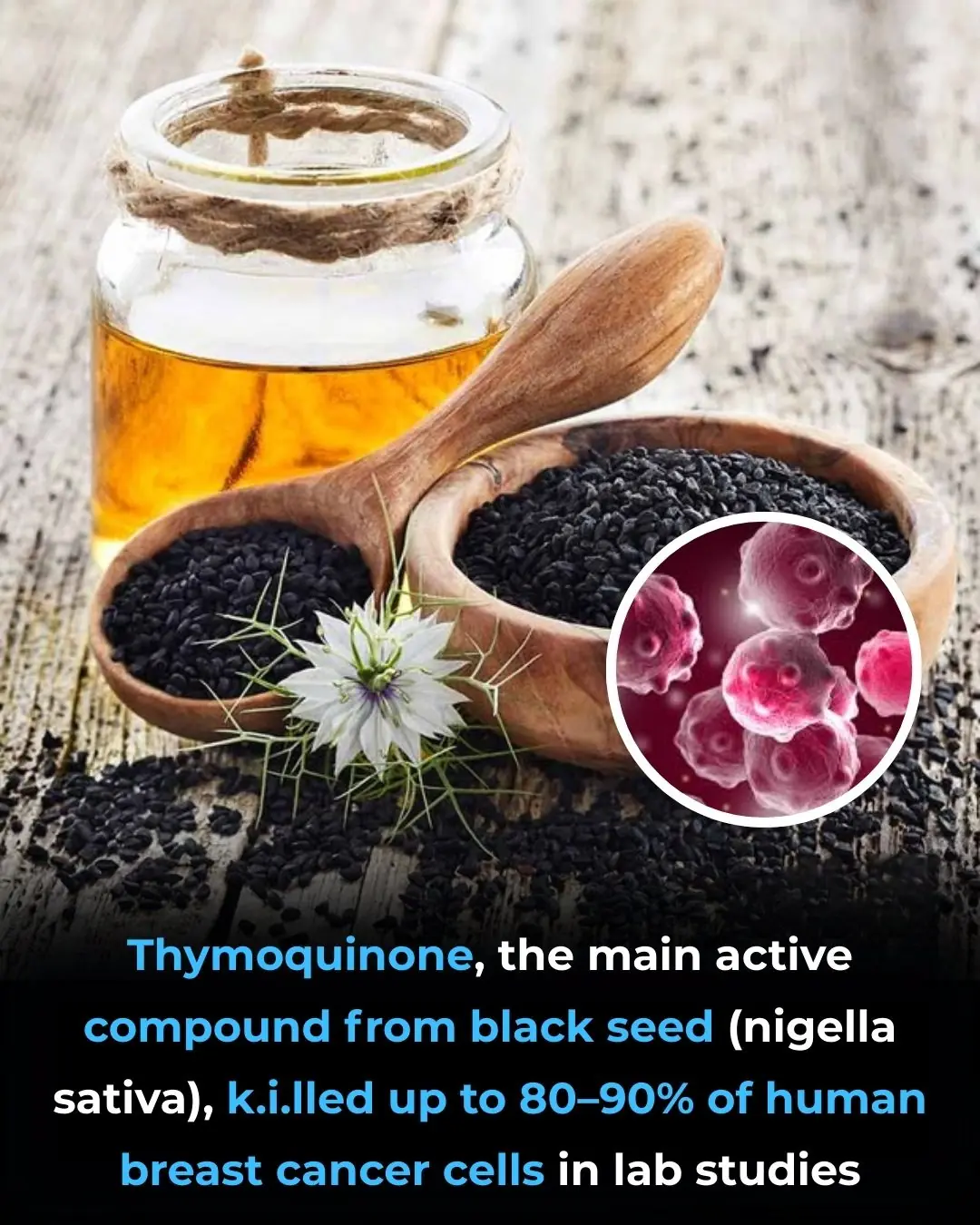
Thymoquinone and Breast Cancer Cell Suppression: Evidence from Preclinical Research

Ginger Supplementation and Cardiovascular Inflammation: Evidence from a Double-Blind Randomized Clinical Trial

Antioxidant Supplementation and Thyroid Autoimmunity: Evidence from a Randomized Controlled Trial

Chios Mastic Gum as an Anti-Inflammatory Intervention in Crohn’s Disease and Vascular Inflammation

Garlic Supplementation and Metabolic Improvement in Non-Alcoholic Fatty Liver Disease

Potassium Deficiency – Causes, Symptoms and What To Do

14 Warning Signs of Low Magnesium Levels and What to Do About It (Science Based)

Proven Health Benefits of Beets and Fermented Beets (Science Based)

3 Reasons Onions Might Upset Your Stomach

MRI vs PET: Which Imaging Modality Better Detects Prostate Cancer Recurrence?

Hidden Spread of Pseudomonas aeruginosa From Lung to Gut in Hospitalized Patients
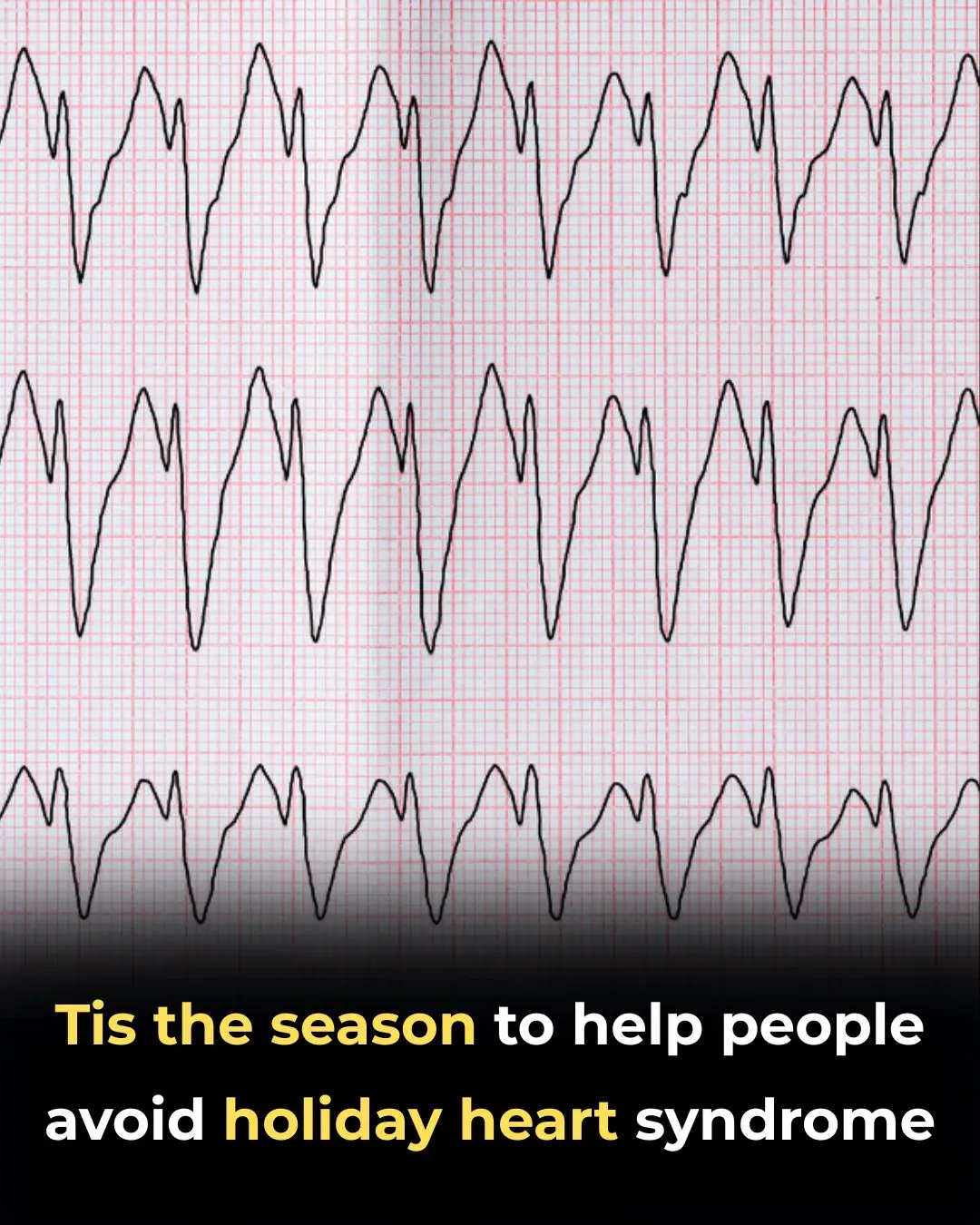
‘Tis the Season to Help People Avoid Holiday Heart Syndrome
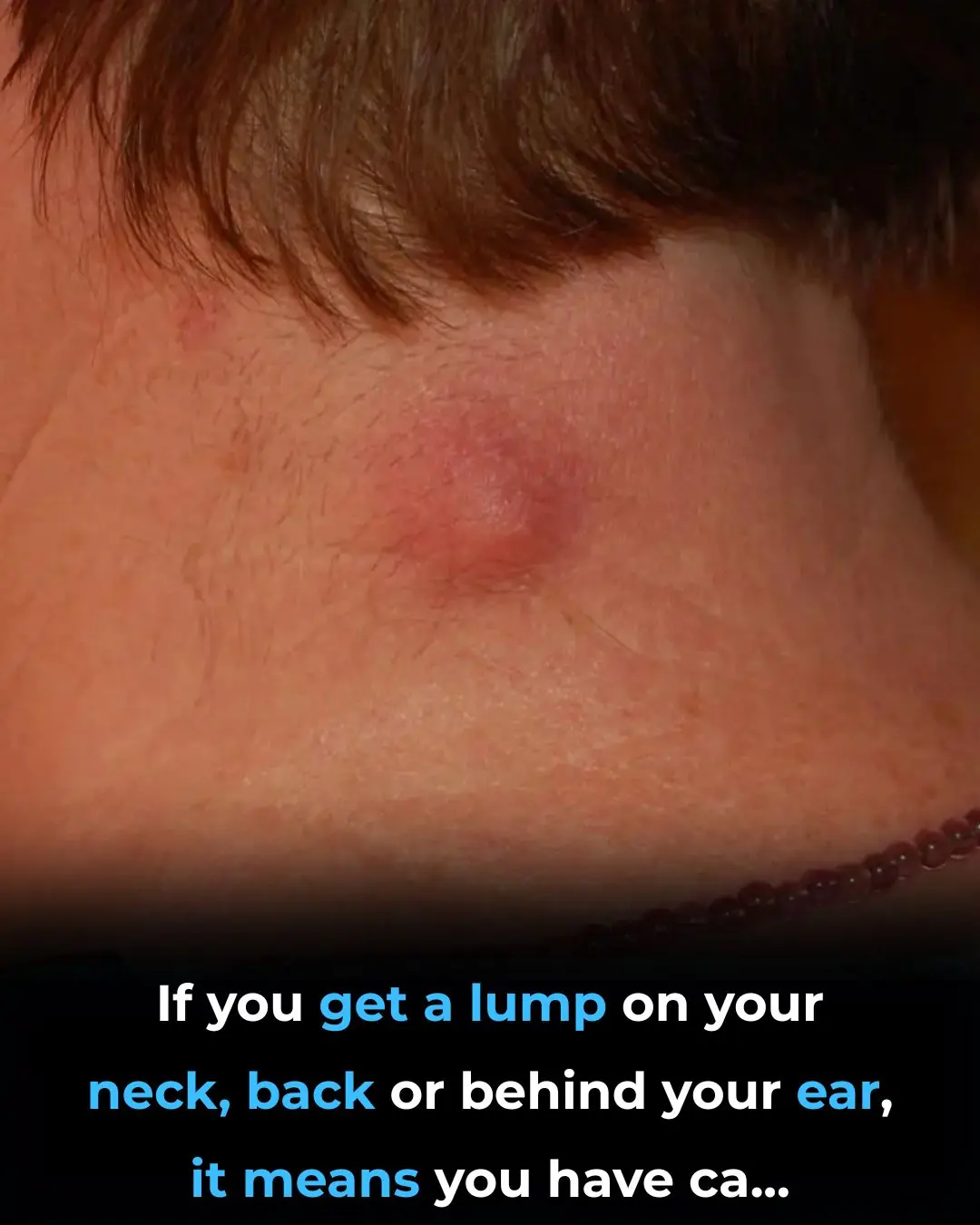
Got a lump on your neck, back or behind your ear? This is what you need to know

What Your Skin Could Be Telling You About Hidden Health Issues

How to Choose Fresh and Delicious Pork: Should You Pick Lighter or Darker Pieces?
How to Choose Fresh and Delicious Pork: Should You Pick Lighter or Darker Pieces?

4 Types of Vegetables Most Effective in Preventing Cancer, According to Doctors: Eating Them Regularly Is Great for Your Health
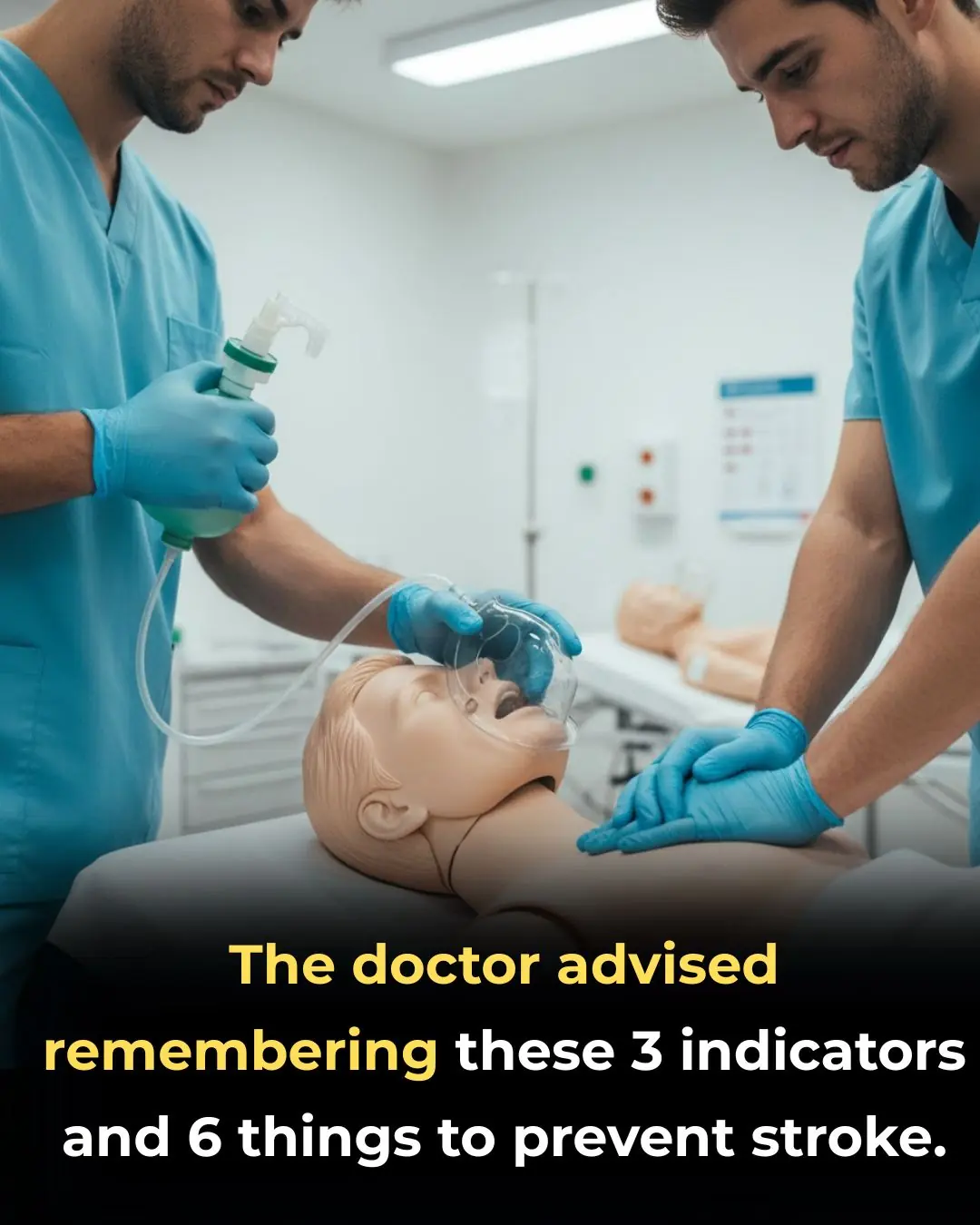
Stroke and Cerebral Infarction Prevention: Remember These 3 Indicators, 1 Disease, and 6 Key Habits

Optimism as a Psychosocial Predictor of Exceptional Longevity

Why Ages 36–46 Matter: Midlife as a Critical Window for Long-Term Health
News Post

Bee Propolis and Infertility in Endometriosis: Evidence from a Pilot Randomized Clinical Trial

Thymoquinone and Breast Cancer Cell Suppression: Evidence from Preclinical Research

Ginger Supplementation and Cardiovascular Inflammation: Evidence from a Double-Blind Randomized Clinical Trial

Antioxidant Supplementation and Thyroid Autoimmunity: Evidence from a Randomized Controlled Trial

Chios Mastic Gum as an Anti-Inflammatory Intervention in Crohn’s Disease and Vascular Inflammation

Garlic Supplementation and Metabolic Improvement in Non-Alcoholic Fatty Liver Disease

If you drink cucumber water every morning, this is what happens to your body

I soaked my feet in apple cider vinegar. 15 mins later, this is what happened

I need this ‘Liquid Gold.’

Potassium Deficiency – Causes, Symptoms and What To Do

14 Warning Signs of Low Magnesium Levels and What to Do About It (Science Based)

Proven Health Benefits of Beets and Fermented Beets (Science Based)

Putting this in the vase box not only helps protect the chrysanthemums but also makes the vase more delicious

How to preserve cilantro so it stays fresh, green, and fragrant for a whole month

3 Reasons Onions Might Upset Your Stomach

Vaseline Uses and Benefits for Skin, Lips and Hair | Petroleum Jelly Benefits

Beetroot Face Gel for Clear Skin – Rosy Cheeks & Pink Blushing Skin

How i use CUCUMBER for Skin & Eyes : Remove Dark Circles & Get Glowing Skin

Tips for removing grease from an air fryer
